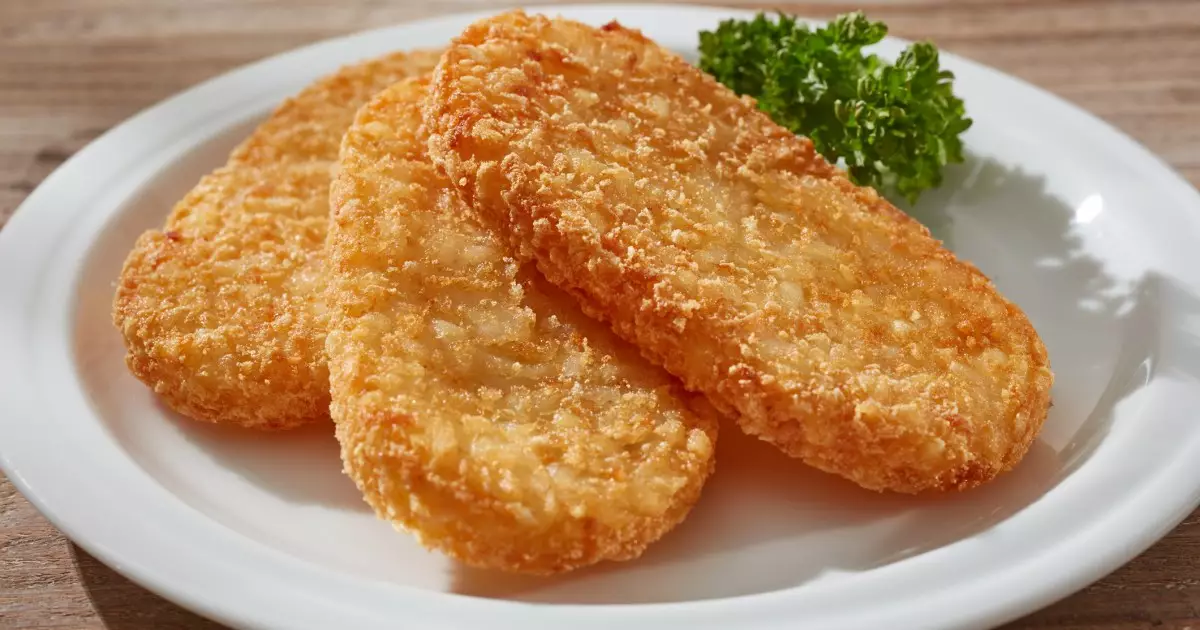As a dog owner, it’s essential to understand what constitutes safe and healthy food for your furry friend. While it may be tempting to share that crispy hash brown from your platter, it’s crucial to examine not just the ingredients but also the preparation method. Dogs, like humans, have specific dietary needs that when neglected, could lead to serious health issues. Even though our canine companions might enjoy the taste of fried potatoes, hash browns pose risks that far outweigh their appeal.
The Greasy Dilemma of Fried Foods
Fried foods are often a guilty pleasure for us, but this indulgence can be detrimental to dogs. Hash browns, primarily made of potatoes, undergo deep frying processes that introduce high levels of fats that a dog’s digestive system isn’t equipped to handle. The problematic aspect lies not only in the oil used for frying but also in the abundance of calories they contribute, paving the way for canine obesity—a growing concern among pet owners. Persistent weight issues can lead to severe complications such as diabetes and joint problems, which pet parents must be cautious about.
Sodium: A Silent Threat to Your Dog’s Health
Moreover, let’s not overlook the salt factor. Most hash browns, especially those made commercially, carry a sodium content that far exceeds what is safe for dogs. Sodium can lead to issues ranging from dehydration to severe conditions like hypertension. In extreme cases, excessive salt intake can trigger salt poisoning, boasting symptoms like vomiting, diarrhea, and in severe instances, seizures. The irony lies in the fact that we often overlook the hidden dangers in seemingly innocuous snack foods, especially those intended for humans.
Beware of Toxic Ingredients
To add to the danger, many hash browns come pre-seasoned with ingredients like onion or garlic powder—both of which are toxic to dogs. This sneaky inclusion serves as a grim reminder that not all human food can be safely shared with pets. Even seemingly harmless, pre-packaged products can have adverse effects on canine health. Without careful scrutiny of labels, pet owners run the risk of unknowingly feeding their dog harmful substances.
What to Do If Your Dog Indulges
If your pet happens to snag a unguarded bite of hash browns, the likelihood of serious repercussions is slim if it’s a minor offense. However, if your dog binges on a substantial quantity, it’s a cause for concern. Vigilance in observing any unusual behavior or physical symptoms is essential. Should your dog display adverse reactions—regardless of the portion size—it’s advisable to consult a veterinarian. They can assess the situation based on your dog’s health history and provide the necessary medical care if needed.
While dogs may enjoy the occasional taste of potatoes, hash browns are not an appropriate choice for canine companions due to their unhealthy components. Being mindful of the foods we offer our pets is vital to ensuring their health and well-being.

